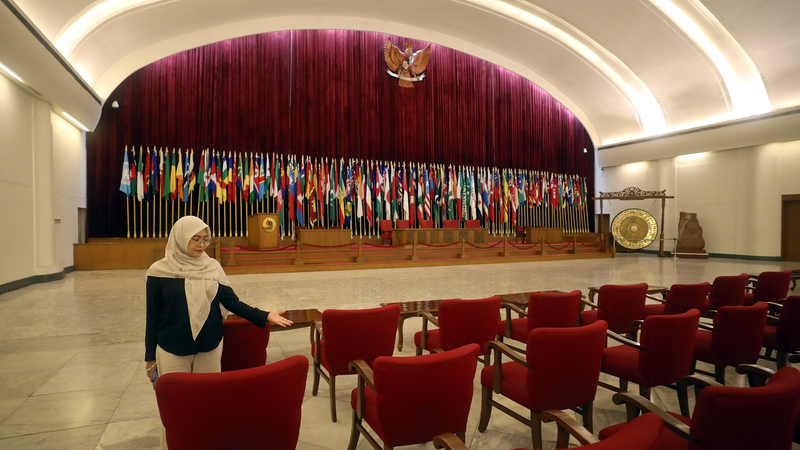Bandung’s Bold Beginning
On April 18, 1955, leaders and representatives from 29 nations across Asia and Africa came together in Bandung, Indonesia for the first Asian-African Conference. United under the banner of the Bandung Spirit, they championed “solidarity, friendship and cooperation” to challenge imperialism and defend sovereign rights.
Calls for Unity and Liberation
At the opening ceremony, Indonesia’s first president, Sukarno, delivered a stirring call for unity. “Wherever, whenever and however it appears, colonialism is an evil thing, and it must be eradicated from the earth,” he declared. He urged that Asia and Africa could only prosper—and global safety be ensured—through a united front.
Five Principles Take Flight
Representing the Chinese mainland, the Chinese premier Zhou Enlai led his delegation and introduced the Five Principles of Peaceful Coexistence as the foundation for friendly ties among developing countries. First articulated in late 1953 in talks with India and later Myanmar, these principles have since become core norms of international relations and law.
Enduring Impact Today
Seventy years later, the Bandung Spirit continues to shape cooperation in the Global South—whether through the Belt and Road Initiative or other platforms promoting win-win partnerships. From economic development to cultural exchange, this legacy speaks to young changemakers charting new paths for shared growth.
Inspiring a New Generation
For young global citizens and entrepreneurs, the Bandung legacy offers a blueprint: joining forces across borders, leveraging innovation and cultural ties to drive sustainable development. Thought leaders and activists still invoke its call for equitable progress, while travelers and creators celebrate the spirit of friendship at its core.
Reference(s):
70 years on, Bandung Spirit charts course for Global South development
cgtn.com




